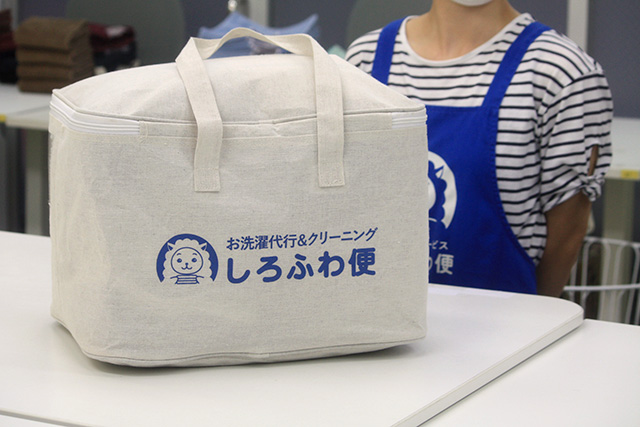目次
- Doing Laundry in Japan Comes with Unique Etiquette
- Drying Clothes Outdoors Is Common—and Expected
- Shared Laundry Spaces Require Respect
- Use of Laundry Nets and Separating Colors
- Laundry Timing Matters in Japanese Culture
- Coin Laundries (Laundromats) Are Convenient but Courteous Behavior Is Expected
- Eco-Friendliness and Minimalism Influence Laundry Habits
Doing Laundry in Japan Comes with Unique Etiquette
When preparing for a long-term stay in Japan, many travelers focus on sightseeing, accommodation, and food. However, one often overlooked yet essential topic is laundry. Japanese laundry customs involve unwritten rules and etiquette that may be unfamiliar to visitors. Knowing these in advance can make your stay more comfortable and respectful to local culture.
Drying Clothes Outdoors Is Common—and Expected
In Japan, it’s very common to hang laundry outside to dry, especially on balconies. Most apartments don’t come with dryers, and energy efficiency is highly valued. You may notice rows of clothes on balconies or rooftops, and that’s perfectly normal.
However, it’s considered rude to hang underwear or intimate garments in view of neighbors. Many people use mesh drying bags or hang such items indoors, behind curtains, or in the bathroom.
Shared Laundry Spaces Require Respect
If you’re staying in a hotel, guesthouse, or apartment with a shared laundry room, cleanliness and timing are important. Always remove your laundry promptly after the cycle ends. Leaving clothes in the machine for too long is frowned upon.
Also, remember to check if the machine is in use before opening it, and avoid touching others’ laundry—this is considered very impolite.
Use of Laundry Nets and Separating Colors
In Japan, many people use laundry nets (laundry bags) to protect delicate items. It’s a standard part of the laundry routine and prevents damage to clothes. You can buy them at convenience stores or 100-yen shops easily.
Separating whites and colors is also strongly practiced, and laundry detergents often specify which types of fabrics they are suitable for. Being careful with how you load your laundry reflects good etiquette in Japan.
Laundry Timing Matters in Japanese Culture
Most people avoid doing laundry late at night because of noise. Washing machines, especially in apartment buildings, can be loud and disturb neighbors. The best time is during the day or early evening. If you’re staying in a building with thin walls, be extra mindful of the time you use laundry machines.
Coin Laundries (Laundromats) Are Convenient but Courteous Behavior Is Expected
Coin laundries, called “koin randorii” in Japanese, are widespread and easy to use. Machines usually offer instructions in English, or with easy-to-follow visuals. However, good manners still apply: clean the lint filter after drying, and do not occupy machines longer than needed.
It’s also best to stay nearby while your laundry is running, especially in busy areas, to avoid others removing your clothes if they need the machine.
Eco-Friendliness and Minimalism Influence Laundry Habits
Japan places a high value on eco-conscious living, and this extends to laundry. People avoid using excessive detergent, favor cold water cycles, and try to reduce laundry loads by wearing clothes multiple times if they are still clean.
Minimalism also means less laundry overall—many locals prefer fewer clothes of higher quality and wash them with care.
【Article provided by】

Shirofuwabin Laundry Service – Offering premium laundry and cleaning services across Tokyo with the highest customer satisfaction.
https://www.shirofuwabin.jp/

